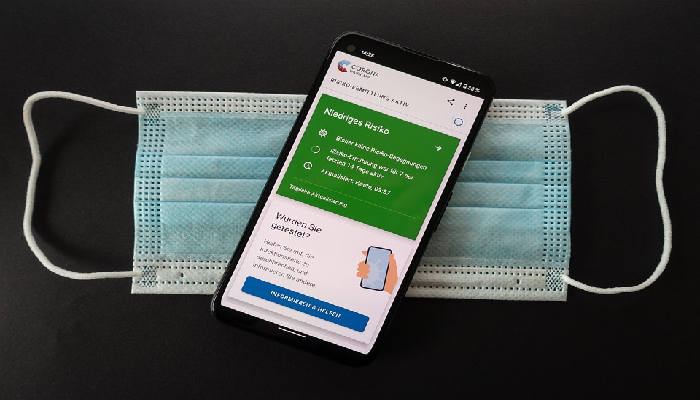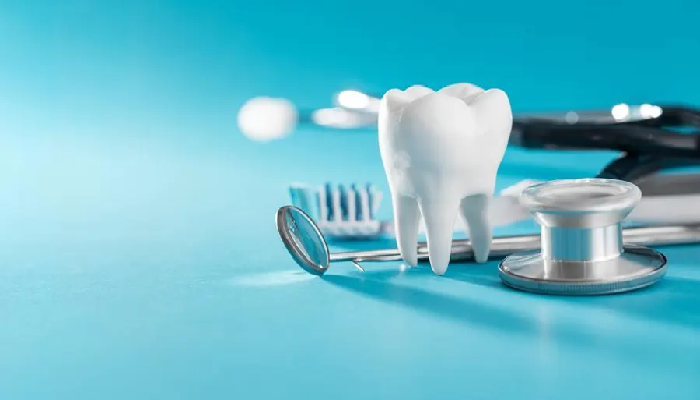Take Control of Your Health: Get a Doe Health Screening
1. A comprehensive health screening is essential to ensure the health and wellbeing of an individual. The Department of Education (DOE) recognizes this importance and provides health screenings to students. DOE health screenings are an essential part of educational programs, as it allows health care professionals to assess and identify potential risks which may arise in youth health.
The DOE health screening consists of a series of assessment tests to assess the overall physical, mental, and emotional health of the students. Primarily, the screening will include a risk assessment of 12 areas including obesity, vision and hearing, nutrition, mental health and substance abuse, as well as a physical exams. The screenings are also personalized to the student’s age, gender, and any known medical conditions.
Once the health screenings are completed, a report is generated for the school and parents. This report will include detailed information about the overall health of a student, as well as any potential risks that were identified. With this report, the school and parents can develop an appropriate health and safety plan for their student.
The DOE health screening is also an important part of school requirements. School districts across the country typically require a student to pass a health screening each academic year prior to enrollment. This helps ensure all student’s are physically and mentally ready to begin the school year.
In conclusion, the importance of the DOE health screening cannot be understated. It is a crucial tool in ensuring the health and wellbeing of students and should not be overlooked. It provides a comprehensive way to assess the overall health of all students and ensures they have the necessary health and safety education.
Stop Worrying: Get Your Doe Health Screening Today
2. Maintaining good health is one of the most important goals in life. The Department of Education (DoE) takes this responsibility very seriously and has implemented regular health screenings for all its students. A Doe health screening is a comprehensive physical examination that assesses mental, physical, and emotional health.
The purpose of the DoE health screening is to ensure that students stay healthy during the school year. During the screening, students will get a comprehensive checkup including their vitals, height and weight evaluation, vision and hearing screenings, and a series of physical exams. This includes tests for any pre-existing medical conditions and tests for any infectious diseases. In addition, mental health screenings such as cognitive tests and psychosocial assessments will also be conducted.
DoE health screenings are offered once a year, usually at the beginning of the school year. This allows enough time for the healthcare provider to properly assess the student’s overall health and make proper recommendations based on the results. If any underlying medical conditions are identified, the student’s primary care doctor or another specialist may be consulted.
If parents have any concerns about their children’s health, they should contact their school nurse or the DoE health services department to inquire about any extra examinations that may be necessary. Additional screenings may also be recommended to diagnose medical issues before they become problematic.
The DoE health screening is an important tool in ensuring the well-being of students. By offering regular checkups, schools can ensure that students can remain healthy and safe throughout the school year. It is important for parents to check up on their children’s health and make sure that any medical issues are addressed early on. With the DoE health screenings, schools can make sure that students are given the best opportunity to pursue a healthy lifestyle during the school year.
Check-Ups for Life: Doe Health Screenings
3. Recent years have seen an increase in the importance of workplace health and safety and the need for employers to properly assess the health of their workforce. Doe health screening is an effective way to identify potential health risks and provide necessary interventions that can reduce the risk of workplace accidents and illnesses.
Doe health screening is a comprehensive program developed to identify a variety of health issues that can impact an employee’s ability to safely perform their job. It is a preventative measure that helps ensure the health and well-being of employees and the institution as a whole. The program typically consists of an initial medical assessment, followed by regular physicals and laboratory tests.
The initial medical assessment involves a physical exam by a qualified professional, whilst laboratory tests typically involve examinations of blood samples and other bodily fluids. The physical examinations allow for the detection of any potential health risks, whilst the laboratory tests are used to identify any specific medical conditions or diseases that may need further treatment. Additionally, Doe health screening can be used to detect the presence of certain types of diseases that may present an additional risk to employees, including communicable diseases such as HIV.
Once a risk assessment is completed and any potential health risks identified, an appropriate treatment or precautionary measures can be put in place to mitigate the risk. These can range from simple health and safety measures such as wearing protective equipment and limiting exposure to hazardous materials, to offering appropriate medical treatment and providing occupational therapy.
To ensure the ongoing effectiveness of the Doe health screening program, it is essential to regularly review and update the program, in order to reflect any changes in regulations, procedures and technological advances. Additionally, employers have a responsibility to promote a healthy workplace and actively involve their employees in the program in order to ensure that the program is effective and all employees remain safe.
Overall, Doe health screening is an effective tool for reducing the risk of workplace accidents and illnesses, as well as promoting a healthy and safe workplace. By having regular screenings and implementing appropriate safety measures, the workplace can remain productive and safe for all.
A Must for Everyone: Doe Health Screenings
4. With the ever-changing times and advancing healthcare technologies, it is becoming increasingly important for organizations to implement routine health screenings to ensure the health and safety of their employees. The Department of Education (DOE) is no exception, given their strict health and safety regulations for the protection of their students. As such, the DOE requires all staff members to undertake regular health screenings to ensure that any illness or disease is identified and treated in its early stages.
The DOE health screening often includes comprehensive specific tests like height and weight measurements, blood pressure and oxygen saturation monitoring, cholesterol and glucose level checks, body mass index measurements as well as a general physical examination. In addition to these tests, the DOE may also include specific assessments such as vision and hearing tests, depending on the individual’s line of work or job duties.
The results of each health screening will be collected and analyzed by the DOE and its primary healthcare team, in order to be informed of any potential health risks or illnesses an employee might possess. If the results of the screenings show that an individual’s health is cause for concern, the appropriate treatment or counseling might be necessary. It is also important to note that in some cases, the DOE may need to provide additional medical support and/or on-the-job wellness plans to its employees in order to better promote health and safety in the workplace.
At the end of the day, the DOE health screening is an invaluable tool that helps protect not just the organization, but its employees as well. By regularly monitoring employees’ health and well-being, employers are able to ensure that their workplace remains safe and secure, while at the same time providing effective healthcare services for its staff.
Empowering Yourself with a Doe Health Screening
5. Health screening is an important part of preventive care for all individuals, but for some it can be particularly vital. The Department of Education (DoE) has recognized this need and now provides health screening services to students across the country.
DoE health screenings are designed to ensure that students are in optimal health to fulfill their educational and career goals. The screenings are aimed at detecting and preventing potential health issues, including communicable diseases, malignant conditions and health risks related to lifestyle and behavior.
Health screenings are voluntary, but parents are strongly encouraged to have their children checked. Screenings are provided free of charge by DoE certified assessors at designated locations. Tests conducted may include eye and hearing tests, growth monitoring, height and weight measurement, and a physical examination. The physical check up may involve taking a medical history, checking vital signs, and assessing behavioral and developmental delays, along with any other medical needs.
Other tests are available, depending on the needs of the individual. These could include tests for tuberculosis, HIV, lead poisoning, or any other conditions, depending on the student’s history and risk factors. Some tests may also involve laboratory analysis, such as blood samples and tests for genetic conditions.
The results of the DoE health screenings can provide vital information to parents and teachers. For instance, if a child has hearing and/or vision problems, intervention may be needed in order to help them with their learning needs. Screenings can also indicate conditions such as diabetes or anemia, for which medical advice and treatment may be needed.
DoE health screenings can be beneficial to students, as they can help ensure they are in the best possible health. Parents are encouraged to take advantage of this benefit and have students undergo regular health screenings. Doing so can help ensure that students stay healthy, so they can reach their maximum potential.





